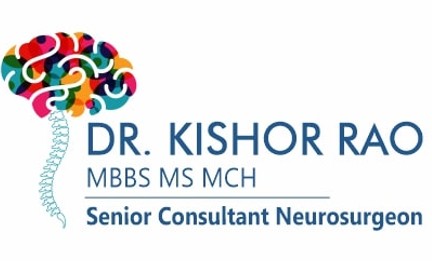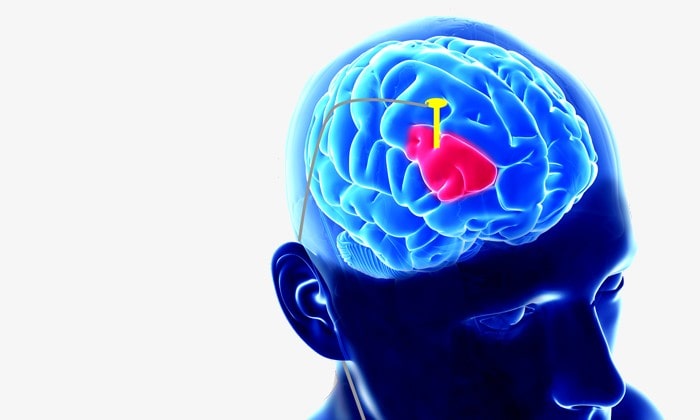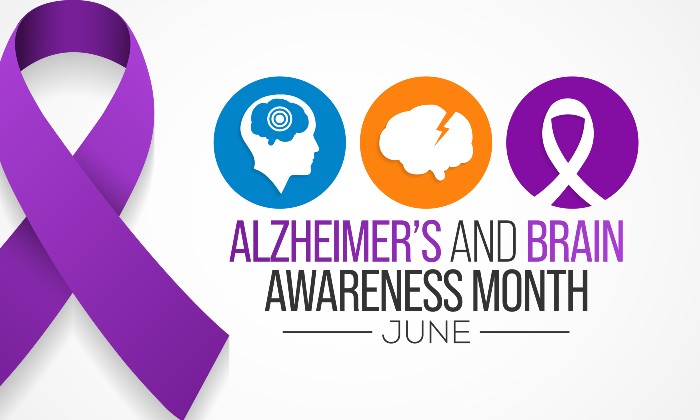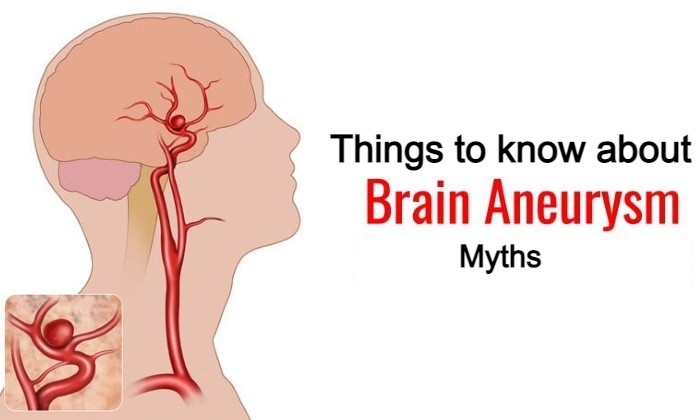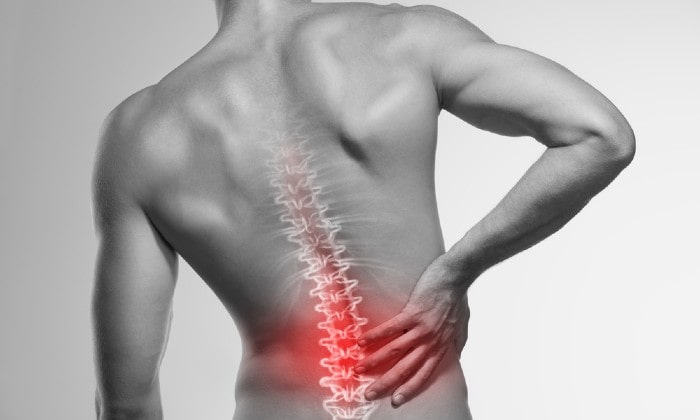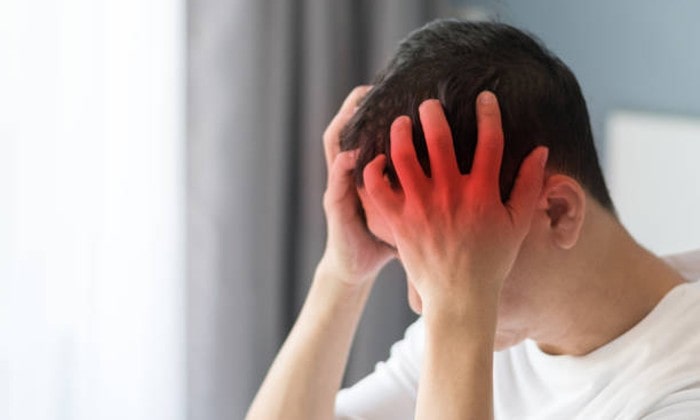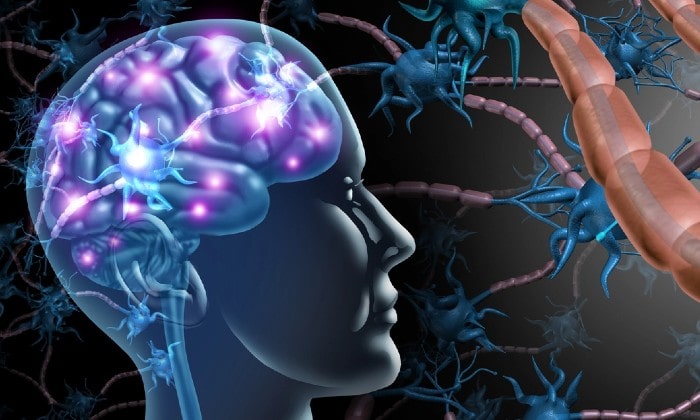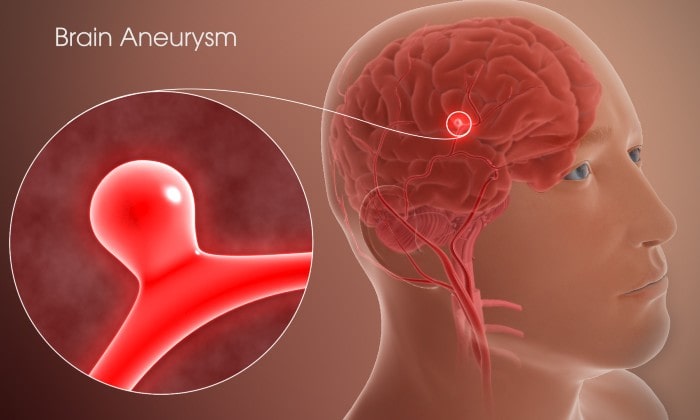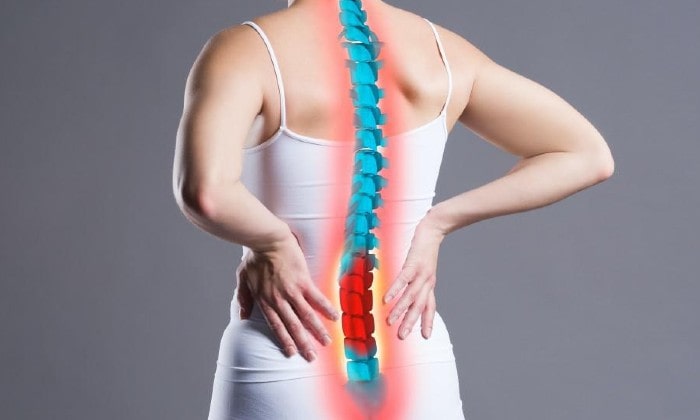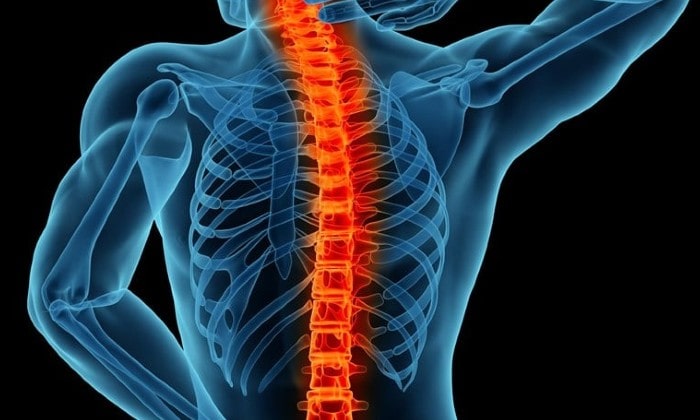Benefits of Deep Brain Stimulation Treatment For Parkinson’s Disease
When you decide to undergo DBS surgery, the first question that comes to mind that what are the benefits of Deep Brain Stimulation Treatment for Parkinson’s disease. Is Deep Brain Stimulation surgery going to change my lifestyle?
Answer: Yes.
Hopefully, you are familiar with the term DBS surgery. Many of us are thinking that what is DBS?
If you don’t know then let me say that DBS stands for Deep Brain Stimulation.
DBS is an elective surgical process that involves implanting electrodes into certain brain areas. In the brain, which delivers electrical impulses that control abnormal brain activity.
The best part of this stimulation system is that you can adjust to chemical imbalances in the brain. Let me give you a basic idea of Deep Brain Stimulation.
Let me tell you about the benefits of DBS Surgery
Best Benefit of DBS surgery to treat the symptoms of movement in Parkinson’s Disease:
DBS treats most of the movement-related symptoms, e.g. Tremors, Rigidity (Stiffness), slowness, etc. associated with PD
Patients with Advanced Parkinson’s disease start suffering from all the above symptoms that affect their quality of daily living.
Many patients complain of change in handwriting, unable to sign, perform fine motor tasks, and requiring assistance to do some of the daily activities.
Some of the patients complain that they are not able to enjoy their life completely, as they would wish to, e.g. someone would like to do a Social Service, someone may want to play golf, others may want to go out and meet friends, all these activities are significantly impaired as the disease progresses.
Most of the time the medical treatment offers good relief however as the disease progresses this relief is short-lived and irregular.
Patients find that the medicines are not effective all the time and every time. Patients also feel that the medical effect cannot be sustained for a prolonged period and hence they become scared about venturing out on their own.
They start becoming dependent and start isolating themselves from society. This has a negative effect on the psychology of the patient making the patient more and more depressed. This cycle has to be brain broken.
Deep Brain stimulation surgery is the best option to break the cycle as it restores most of the functions of patients that are disabled because of Parkinson’s disease and also gives them a smooth quality of on period.
More than 90% of people with Parkinson’s have reported significant clinical benefits after DBS.
We have more than 520 DBS surgical patients operated at our center and we are proud to state that each and every patient has confirmed satisfactory benefit after DBS.
A successful DBS journey depends on three parameters.
- Good candidate selection for DBS surgery by the doctor. Make sure that DBS is not for everybody.
- Best surgical placement of the DBS electrodes in the brain.
- Knowledge about postoperative programming of the pacemaker.
Good Body Movement without Dyskinesia:
Dyskinesias are an involuntary movement which is manifested in patients of advanced Parkinson’s disease and are mainly due to the side effect of LEVODOPA treatment.
Initially, they are minimal and unnoticeable, however, as the disease progress is and the need for the metastases increases this becomes more pronounced and disabling.
DBS is one of the most effective methods of controlling dyskinesias. Patients have a 90% reduction in dyskinesias after DBS.
The reason for this is 2 fold. What is the reduction of medication by 40%-50% that we achieve after DBS therapy and second the direct effect of DBS stimulation therapy on reducing the dyskinesias?
Control of Tremors & Rigidity:
Just imagine that you all are sitting for breakfast at the dining table. Every one of the family members is drinking a cup of coffee.
Your near dear (PD person) is trying to sip a coffee, but instead of sipping, it fells over his dress. Your natural instinct is of going and helping them, but unfortunately, PD patients have a lot of self-respect and you this gesture itself hurts them.
Many patients, especially women, find tremors socially embarrassing. Though tremor may not be a functional handicap the presence of tremors at rest disturbs the psychology of the patient and make them very uncomfortable to be in unfamiliar social surroundings.
Tremor can be a handicap for high-performing professionals as it may be interpreted as a sign of nervousness.
All this affects the functioning and the quality of life of a person and hence any therapy that can relieve them will add a large value to the improvement of their quality of life.
Deep Brain stimulation therapy is very effective in controlling the symptom of tremors.
Good Control Of Motor Fluctuations:
Being a caregiver of Parkinson’s person, you are well-versed with these two terms such as dyskinesia & fluctuations in “ON” and “OFF” time.
DBS is known to reduce the frequency and the severity of these motor fluctuations.
Another best part of DBS therapy, it controls drug consumption up to 37% to 61%. It gives such pleasure relief to Parkinson’s people.
Benefit for Sleep and Appetite
Many patients who have undergone DBS have expressed that after surgery, they are able to sleep better.
The reason for this is that the severity of the OFF period reduces and the patient is having more comfort whilst sleeping.
The overall well-being and the direct stimulation effect of DBS also help in appetite improvement and most patients put on weight after surgery!
Improves Daily Activities for Living of Parkinson’s People:
All the above improvements in various symptoms of patients of PD translate into improvement in activities of daily living. , activities of daily living like dressing drinking Forte breathing, and moving around the house significantly improved after DBS surgery this once again provides much-required self-esteem to the patient.
It also eases off a lot of burdens from the caregiver.
Advanced Parkinson’s disease patients are known to take several doses of medication and multiple medications.
This itself is a big handicap as they start leaving within the disease and every hour or 2 hours they are reminded of taking medication which makes it difficult for them to feel normal.
After DBS, as there is a significant reduction in the amount of medication required for managing the disease, this becomes much easier. Overall wellbeing also helps in improving the general psychology of the patient.
Reduced number of medication and reduced frequency of medication is also of great help for the caregiver who may be able to find some free time for himself.
